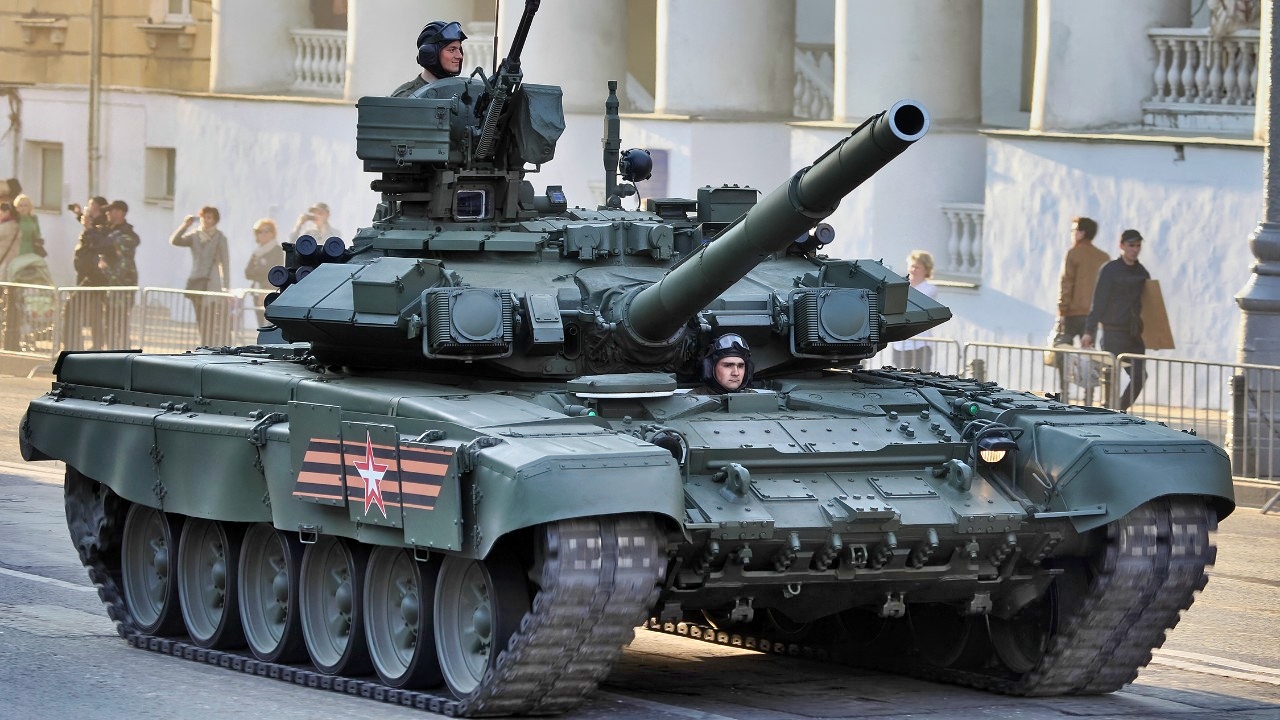Key Points and Summary – In a significant escalation of what looks like economic warfare, the European Union and the United Kingdom have imposed a sweeping new package of sanctions aimed at crippling Russia’s ability to fund its war in Ukraine.
-The EU’s 18th round of measures slashes the price cap on Russian oil, blacklists over 100 “shadow fleet” tankers, and, in an unprecedented move, targets a Russian-owned refinery in India.
-The UK has focused on intelligence, sanctioning 18 GRU officers for war crimes. While the Kremlin feigns “immunity,” this coordinated transatlantic pressure signals a new phase of long-term economic containment against Moscow.
Indian Refinery Hit by Sweeping EU Sanctions on Russia
In a show of renewed transatlantic resolve, the European Union and the United Kingdom have unveiled a fresh package of sanctions targeting Russia’s energy empire, intelligence operations, and shadow maritime network.
The measures mark one of the most comprehensive attempts yet to stifle the Kremlin’s ability to sustain its war machine as the Ukraine conflict enters its fourth year.
Indian Refinery Impacted by Fresh Sanctions
Announced on Friday, the EU’s latest round of sanctions—described by foreign policy chief Kaja Kallas as “one of its strongest” to date—zeroes in on the lifeblood of the Russian economy: oil revenue.
A new price cap, set just under $48 per barrel, aims to slash profits from Russia’s global crude exports, while a sweeping import ban seeks to cut off backdoor routes via non-EU intermediaries. European leaders also moved to block future investment in the dormant Nord Stream gas pipelines and sanctioned Rosneft’s refinery in India, signaling that no corner of Moscow’s energy reach is beyond scrutiny.
Kallas said the move sent a “clear message” that “Europe will not back down. Meanwhile, President Volodymyr Zelenskyy said the measures were “timely and necessary”.
Britain’s sanctions focused more directly on Moscow’s covert war. The UK’s Foreign Office blacklisted 18 officers from the GRU, Russia’s military intelligence agency, linking them to a gruesome 2022 bombing of a theatre in Mariupol that killed hundreds of civilians.
Also named were agents accused of targeting the family of a former Russian double agent, reminiscent of the Salisbury poisoning scandal. Foreign Secretary David Lammy didn’t mince words: “GRU spies are running a campaign to destabilize Europe and threaten the safety of British citizens.”
NATO Slams Cyberattacks
Meanwhile, NATO condemned Russia’s ongoing cyberattacks, pledging a response “at a time and in a manner of our choosing,” in coordination with EU partners.
But behind the united front, signs of strain persist. The EU’s sanctions process remains politically fraught, with Slovakia reportedly holding up the latest package over fears about its gas dependency.
German Chancellor Friedrich Merz admitted that “the processes are too sluggish,” after days of negotiation with his Slovak counterpart.
Even so, the sheer breadth of the new measures across oil, finance, shipping, and espionage, suggests a shifting gear in the West’s strategy: from reactive punishment to long-term economic containment.
Over 2,400 Russian officials and entities have now been sanctioned since the 2022 invasion, with more than 400 vessels in Russia’s shadow fleet blacklisted from European ports.
Kremlin: New Sanctions are ‘Unlawful’
Kremlin spokesman Dmitry Peskov dismissed the latest sanctions as “unlawful,” insisting that Russia has developed an “immunity” to such pressures.
Whether that defiance is sustainable as Western pressure intensifies remains to be seen. But for now, Brussels and London appear determined to prove that time is on Ukraine’s side.
About the Author:
Georgia Gilholy is a journalist based in the United Kingdom who has been published in Newsweek, The Times of Israel, and the Spectator. Gilholy writes about international politics, culture, and education.
Fighter Jet Fails
Russia’s Su-57 Felon Stealth Fighter Is a Waste of Rubles
